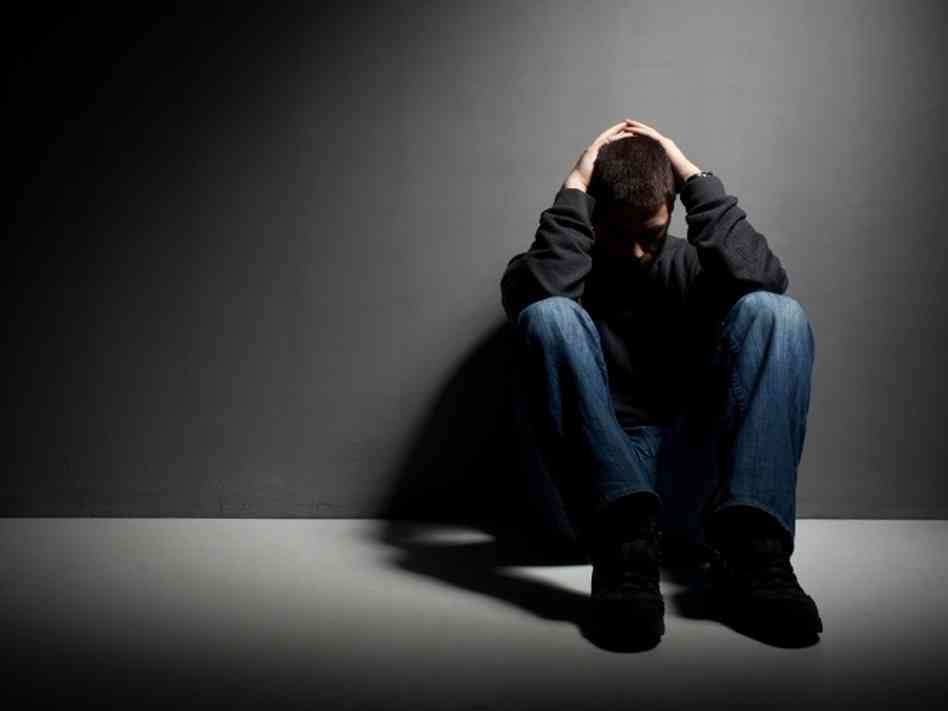11 Ways to Identify a Depressed Person
Whether you’re a college student in the middle of a major slump, a new mom who can’t pinpoint why she’s feeling so glum, or a retiree grieving over the loss of a loved one, that question isn’t an easy one to answer.
But there’s one thing for sure about depression: it is much more than just a sad mood. Symptoms may include everything from hopelessness and fatigue to physical pain. And just as symptoms vary from person to person, so does the diagnosis. We all feel sad at times. But depression is different. This serious mood disorder causes severe symptoms that affect how you feel, think, and manage your daily life, causing persistent feelings of sadness and loss of interest in previously enjoyed activities. The word depression is actually just an umbrella term for a number of different types of depression, from major depression to atypical depression to dysthymia.
Also called major depressive disorder or clinical depression, depression can cause a variety of emotional and physical changes, including weight gain or weight loss, insomnia, and chronic pain. With depression, you may have problems engaging in normal daily activities, lose interest in sex and other activities, and bear deep feelings of guilt and hopelessness. Depression ranges in seriousness from mild, temporary episodes of sadness to severe, persistent depression that seems as if it will never end. The clinical depression definition includes the more severe type of depression known as major depression.
In this article, we will discuss 11 ways to identify a depressed person. If you feel you are depressed and need to know more about the nature of it, read on to find out:
The 11 Must Know Signs of Depressed Person
Feelings of sadness, emptiness and hopelessness
Although feelings of hopelessness are common among individuals with clinical depression, they can be some of the most difficult feelings to experience. This can include feelings of dissatisfaction, failure, and a belief that nothing will get better. People suffering from depression often feel unhappy without any rhyme or reason.
Angry outbursts, irritibality and frustration
Many people don’t realize that low levels of chronic irritability and anger can mask an underlying depression. Constant irritability is also a symptom of depression seen in teenagers and children, one that could be written off as normal growing pains or teenage behavior.
Loss of interest in favourite activities
We all have times when we feel a bit more introverted than usual, but when people have clinical depression, they can lose the sense of pleasure they used to get from their favorite activities or from engaging with others. This isolation can make it harder for friends and loved ones to see the other symptoms of depression a person may be exhibiting, which makes it more difficult to know when a person needs help.
Sleep disturbances
As tired as you may be, if you’re depressed you might also have trouble sleeping. Marked changes in sleeping patterns, like insomnia or increased time spent sleeping, is another symptom of clinical depression.
Tiredness and lack of energy
Depressed people get so tired that even small tasks take extra effort:
Changes in appetite
Some people either gain or lose weight when they have clinical depression because of their change in appetite. For some, this means an increase in appetite and possibly weight gain as a result. Others lose their appetite and struggle to eat much at all. In either case, a significant change is worth investigating.
Anxiety, agitation or restlessness
If you know someone who is always restless or is agitated without a specific reason, it is possible that the person is suffering from depression. Things like excessive worrying, pacing, hand-wringing or an inability to sit still could be one of the major signs of depression.
Slow thinking and body movements
People who are depressed may eventually become slow thinkers and will take longer to speak even a single sentence. Some might even experience slow body movements.
Feelings of worthlessness and guilt
A feeling of worthlessness or guilt is typically experienced by someone who is suffering from depression, although many people experience occasional feelings of guilt or worthlessness. It’s a simple sense that our own worth in this world is of little value in the moment, or that we feel responsible for another’s reaction or behavior. It may include unrealistic negative evaluations of one’s own worth or guilty preoccupations or ruminations over minor past failings.
Suicidal thoughts or tendencies
This is the most serious symptom of depression. When you’re severely depressed, suicidal thoughts can become so prominent, you begin to make a plan for ending your life, as you feel there are no other options. If you are experiencing suicidal thoughts, seek help or tell a trusted person in your life and ask for help.
Difficulty in thinking and concentration
It’s more often thought of as a symptom of ADHD, but an inability to concentrate or hold focus on one’s activities can be a sign of clinical depression. People with clinical depression often have memory issues that can add to their difficulties in maintaining day-to-day activities.
It is to be noted that for both men and women, the core symptoms of depression are the same. However, some might vary depending on the socio-economic factors. However, treatment is usually the same and at any cost, should not be ignored.

